Dehydration is a common problem, especially when the weather is hot or you’re exercising. You can become dehydrated quickly, so if you don’t take steps to rehydrate fast, your health could suffer. Fortunately, it’s easy to rehydrate fast with some simple strategies that you can do from home. In this blog post, we will explore how to rehydrate fast at home, as well as what causes dehydration and how to prevent it. Read on for more information about rehydrating quickly and easily!
The importance of hydration
When it comes to hydration, there are a few key points to keep in mind. First, your body needs water to function properly. Every system in your body depends on water to work correctly, and if you’re even slightly dehydrated, it can impact your health and well-being. Second, you need to be proactive about hydration. That means drinking enough fluids throughout the day, even when you’re not thirsty. And finally, you need to know how to rehydrate quickly and efficiently if you do become dehydrated.
There are a few different ways to rehydrate at home. One is to drink fluids that contain electrolytes, like sports drinks or coconut water. These can help replace the electrolytes that are lost when you sweat or urinate excessively. Another way is to eat foods that are high in water content, like fruits and vegetables. Finally, you can also take oral rehydration solutions (ORS), which are designed to replenish the fluids and electrolytes that your body needs.
The most important thing is to drink fluids frequently throughout the day, especially if you’re sweating a lot or spending time in the heat. By being proactive about hydration, you can avoid becoming dehydrated in the first place. But if you do start to feel dehydrated, don’t hesitate to rehydrate quickly and effectively with one of the methods mentioned above.
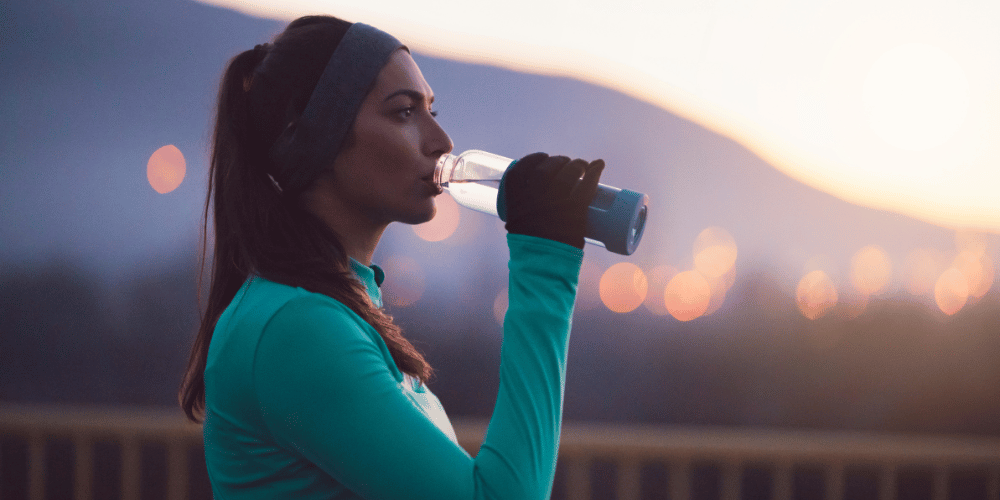
The best ways to rehydrate
There are many ways to rehydrate your body, but some are more effective than others. Here are the best ways to rehydrate:
1. Drink plenty of fluids.
This is the most obvious way to rehydrate your body, but it’s also the most effective. Drinking lots of water, juice, or other fluids helps to replenish the fluids that your body has lost.
2. Eat foods high in water content.
Eating foods that contain a lot of water can also help to rehydrate your body. Some good options include fruits and vegetables, yogurt, soup, and even some types of candy.
3. Take a bath or shower.
Taking a bath or shower can help to rehydrate your skin, which can in turn help to rehydrate your whole body. The moisture from the water will help to replenish lost fluids and restore hydration levels.
Foods that help with hydration
Water is the best and most natural way to rehydrate your body. But sometimes, you need more than just water to get the job done. Here are five foods that can help you rehydrate faster:
1. Fruits and vegetables: Fruits and vegetables are high in water content, which means they can help you stay hydrated. Look for foods like cucumbers, tomatoes, watermelons, and grapefruits.
2. Soup: A bowl of soup can also help you rehydrate. The hot liquid will help to increase your body temperature, which can aid in sweating and therefore hydration.
3. Sports drinks: If you’re exercising or working out, sports drinks can be a good option for rehydration. They contain electrolytes like sodium and potassium, which can help replace what’s lost through sweat.
4. Coconut water: Coconut water is a natural source of electrolytes like sodium and potassium. It’s also low in calories and fat, making it a good option for those watching their weight.
5. Herbal tea: Herbal tea is a great way to rehydrate after a sickness or infection. The hot liquid helps to soothe the throat while the herbs can provide antioxidants and other health benefits.
How to make sure you’re hydrated
Water is essential for our bodies to function. Every cell, tissue, and organ needs water to work properly. That’s why it’s so important to stay hydrated, especially when you’re sick or have the flu.
Dehydration can make your symptoms worse and lengthen the duration of your illness. But rehydrating at home is easy, and there are a few things you can do to make sure you’re getting enough fluids.
First, drink lots of fluids throughout the day, including water, juice, and soup. You can also eat foods that are high in water content, such as fruits and vegetables.
Second, avoid caffeinated beverages like coffee and soda, as they can actually dehydrate you further. Stick to decaffeinated options or herbal tea instead.
Third, if you have vomited or had diarrhea, be sure to replace lost fluids with an electrolyte solution like Gatorade or Pedialyte. This will help prevent dehydration and restore vital minerals and nutrients.
Finally, if you’re still feeling dehydrated after trying these tips, see a doctor as soon as possible. Dehydration can be serious, so it’s important to get medical help if your symptoms aren’t improving.
The best fluids to rehydrate with
Dehydration happens when your body loses more fluids than you take in. It’s common during exercise or hot weather, but it can also happen if you have certain medical conditions or take certain medications.
Symptoms of dehydration include dizziness, headache, dark urine, dry mouth, and fatigue. If you’re dehydrated, it’s important to rehydrate as soon as possible. The best fluids to rehydrate with are water and electrolyte drinks like Gatorade or Powerade.
Water is the best choice for rehydration because it’s calorie-free and contains no sugar or other additives. Electrolyte drinks are a good choice if you’re exercising or sweating a lot, because they replace the salt and minerals that are lost in sweat.
If you’re not sure how much fluid you need to drink to rehydrate, start with two cups (16 ounces) of water or an electrolyte drink. Drink small sips every 15 minutes until your pee is light yellow or clear again.
How much fluid you need to drink
Your body is about 60% water, give or take. That means that every system in your body depends on water to function properly. That includes everything from your brain and heart to your muscles and skin.
So, how much fluid does your body need? It depends on a lot of factors, including your activity level, the climate you live in, and whether you’re pregnant or breastfeeding. But a good rule of thumb is to drink eight 8-ounce glasses of water a day.
Of course, that’s just a general guideline. You might need more or less depending on your individual needs. And keep in mind that you don’t have to drink all eight glasses at once. You can spread them out throughout the day.
But what if you’re not thirsty? Does that mean you don’t need to drink any water? Not necessarily. Thirst isn’t always a reliable indicator of dehydration. By the time you feel thirsty, you may already be dehydrated.
The best way to make sure you’re getting enough fluids is to pay attention to other signs of dehydration, such as dark urine, dry mouth, fatigue, headache, and dizziness. If you experience any of these symptoms, it’s time to break out the water bottle.
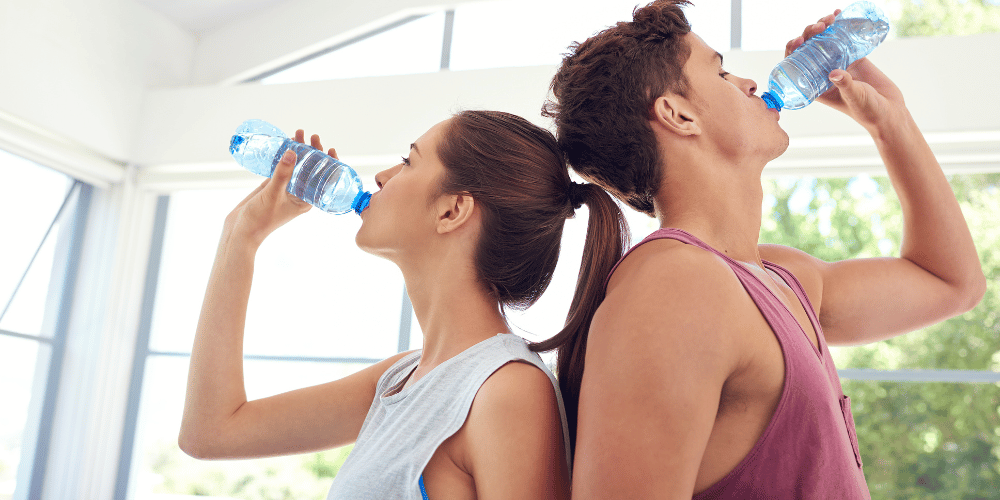
When to see a doctor
It is important to see a doctor if you are feeling dehydrated and are not sure how to rehydrate yourself. Dehydration can cause many different symptoms, so it is best to err on the side of caution and visit a doctor if you are feeling any of the following:
-dizziness
– lightheadedness
– headache
– increased thirst
– dry mouth
– decreased urine output
– dark yellow urine
– fatigue
– muscle cramps
Conclusion
Rehydrating at home is very easy and will help you feel better and energized quickly. There are several strategies that you can use to make sure your body gets the right amount of hydration, such as drinking electrolyte-rich fluids, eating foods high in electrolytes like fruits and vegetables, or making electrolyte drinks at home with natural ingredients. Investing a bit of time into learning how to rehydrate quickly at home is well worth it for your overall health and well being.

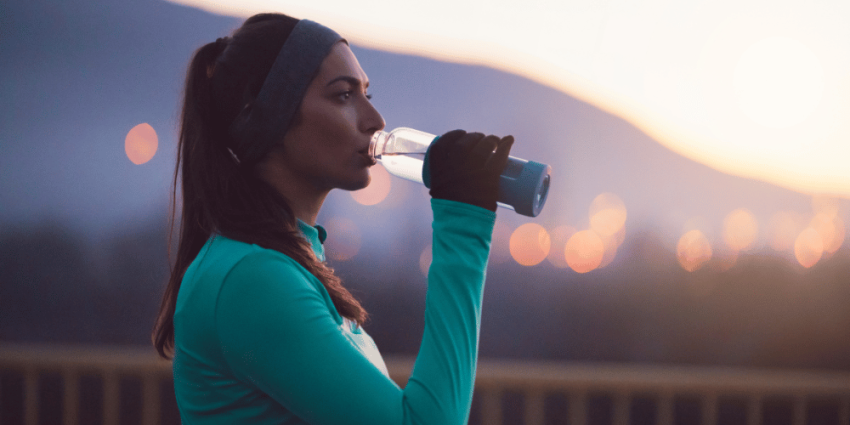


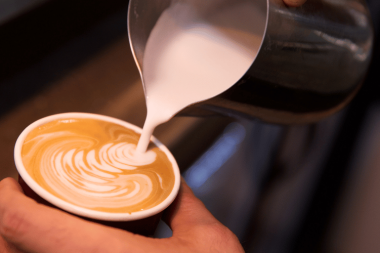
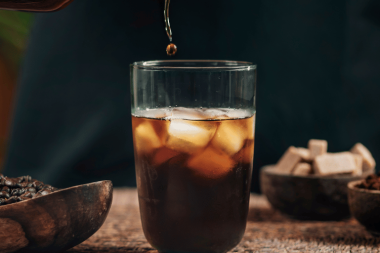

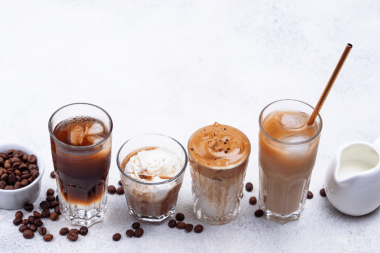
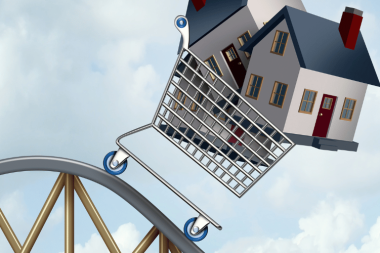
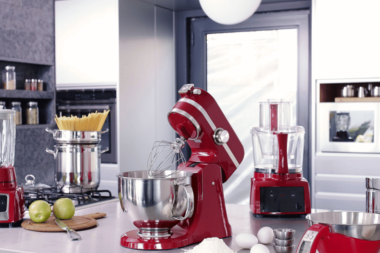
Leave a Reply